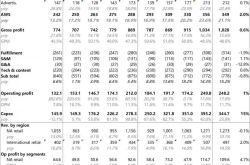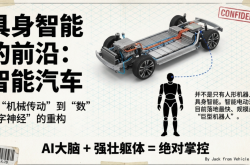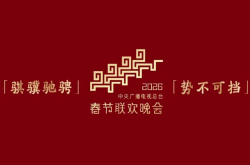Tesla's Rival: Xiaomi Stages a Fierce SUV Showdown
![]() 12/12 2024
12/12 2024
![]() 516
516
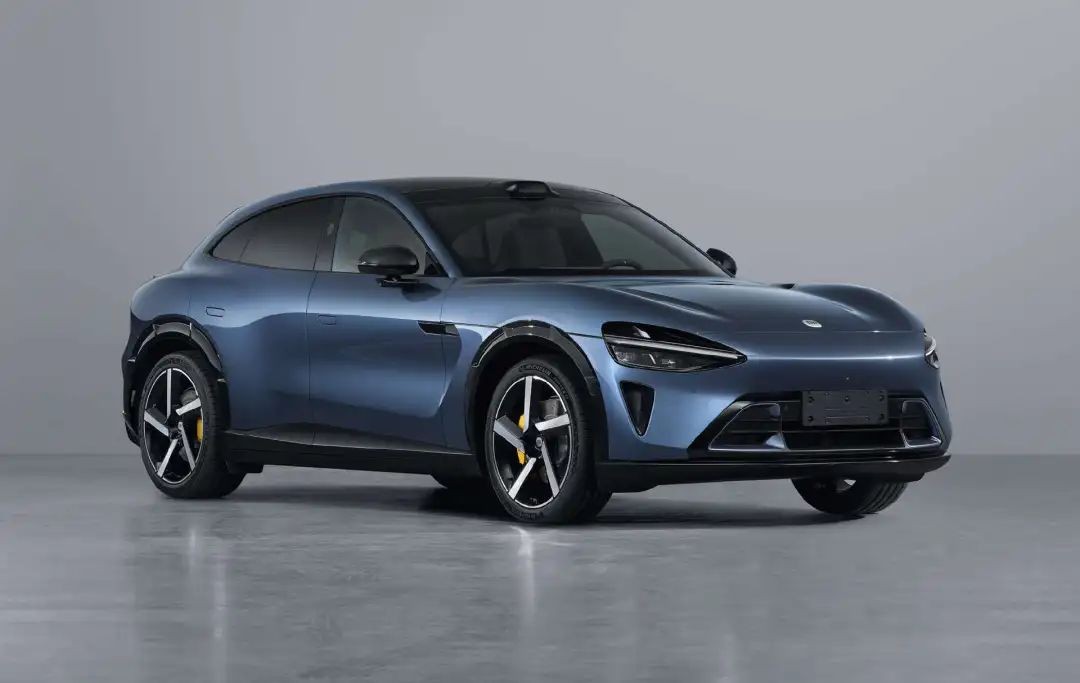
The automotive landscape is transforming at an unprecedented pace, fueled by advancements in new energy, autonomous driving, artificial intelligence, and chip technology.
Stay ahead of the curve with Zero State LT's exclusive "Auto Circle" column. From global automotive news to new product launches, technological innovations, and market performances, we offer deep dives into the industry, revealing the underlying business logic and market rules, and exploring how these changes are reshaping automotive landscapes and impacting human mobility.
This is the 12th article in our series, focusing on whether Xiaomi YU7 can replicate the success of the SU7. Author | Qin Tianyu | Editor | Hu Zhanjia | Operation | Chen Jiahui | Cover Image | MIIT Official Website | Produced by | Zero State LT (ID: LingTai_LT)
Is this the first SUV tailored for young people?
On December 9, the Ministry of Industry and Information Technology (MIIT) announced Xiaomi's latest SUV model, the Xiaomi YU7, which follows the design language of the SU7, featuring a closed front end, through-type rear design, and rear surround styling.
According to Xiaomi Automobile's official Weibo account, Xiaomi YU7 is anticipated to launch in June or July 2025. Regarding the early announcement, Lei Jun stated, "We aim to remove the heavy camouflage from YU7 test vehicles promptly to facilitate comprehensive and detailed large-scale testing over an extended period, ensuring product quality and crafting a superior product."
Despite other new models like the Qin PLUS, AVATR 06, and Leapmotor B10 being announced on the same day, none garnered as much buzz as Xiaomi YU7. On Weibo, the topic "Xiaomi YU7" topped the trending chart for 16 hours, with over 120 million views and 102,000 discussions. Clearly, Xiaomi YU7 has inherited the popularity of Xiaomi SU7 and shows promise to become another hit.
However, it's crucial to note that Xiaomi Automobile is currently constrained by production capacity, and competition in the pure electric SUV market is intensifying, with Tesla also set to launch a new Model Y. Thus, Xiaomi YU7 faces significant challenges.
SU7 Launch: Xiaomi Emerges as a Rising Star in Six Months
Due to the high cost of automobiles, consumers are cautious when making purchasing decisions, often favoring products from established automakers. In this context, most new energy vehicle (NEV) makers with limited brand influence need to endure a prolonged incubation period.
For instance, XPeng Motors was founded in August 2014 and launched its first publicly available model, the XPeng G3, in January 2018. Official data shows that XPeng sold 482 vehicles in 2018, 16,600 in 2019, and 27,000 in 2020. While these numbers reflect steady growth, they are minuscule compared to the hundreds of thousands or even millions sold annually by traditional automakers.
Lei Jun was apprehensive before the Xiaomi SU7's launch. In a December 2024 interview with "Face to Face," he expressed concern that "if it doesn't take off immediately, no one will buy it." Fortunately, his fears were unfounded. Unlike other NEV makers that endured long incubation periods, Xiaomi Automobile successfully captured the market upon its debut.
On March 28, 2024, Xiaomi held a launch event for the Xiaomi SU7, a mid-to-large-sized pure electric sedan available in dual-motor and single-motor versions, with battery options of 73.6kWh and 101kWh, priced between 215,900 and 299,900 yuan.

▲Image Source: Autohome
Post-launch, pre-orders for the Xiaomi SU7 surged, reaching 10,000 within four minutes and 50,000 within 27 minutes. Sales continued to climb, with Autohome data showing 13,600, 20,700, and 23,100 units sold in September, October, and November 2024, respectively.
Xiaomi's official store indicates that customers who place orders now for the standard version of the Xiaomi SU7 can expect delivery in 22-25 weeks, around mid-2025, with many customers still waiting in line.
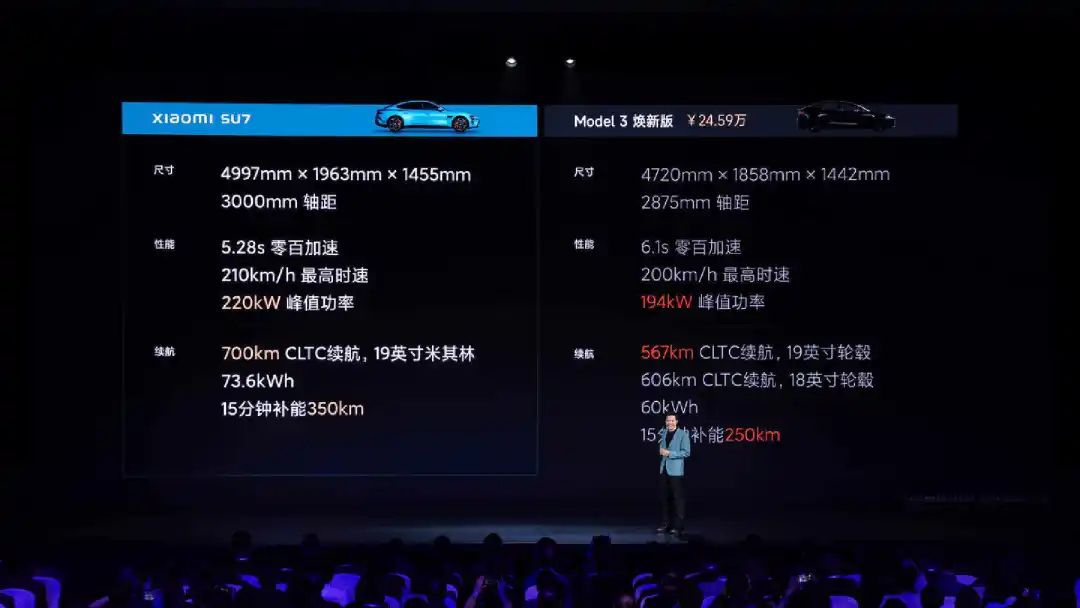
▲Image Source: Xiaomi
The remarkable success of the Xiaomi SU7 is directly linked to its exceptional value for money. For instance, the standard version of the Xiaomi SU7 achieves a 0-100km/h acceleration in just 5.28 seconds, has a top speed of 210km/h, and a peak power of 220kW, all for just 215,900 yuan. In comparison, the Tesla Model 3 Refresh has a 0-100km/h acceleration of 6.1 seconds, a top speed of only 200km/h, a peak power of 194kW, and a price of 245,900 yuan.
However, it's worth noting that when the Xiaomi SU7 was launched, several high-value-for-money Tesla "killers" were already on the market, such as the ZEEKR 007, AITO Asker S7, and XPeng P7i, which compete with the Model 3 and offer similar value for money as the Xiaomi SU7.
The sustained popularity of the Xiaomi SU7 is also attributed to Xiaomi's strong brand influence and Lei Jun's personal IP.
With years of experience in the consumer electronics sector, Xiaomi has established a brand image of "moving people" with "fair pricing," earning consumer trust. Xiaomi Automobile didn't need to undergo a lengthy brand-building phase, as is typical for many NEV makers, and entered the market swiftly.
Furthermore, Lei Jun continuously leveraged his personal influence to promote the Xiaomi SU7. According to trending search engines, hundreds of trending topics featuring Lei Jun emerged on platforms like Weibo, Douyin, and Zhihu in 2024, many related to the Xiaomi SU7, including "Why Lei Jun isn't afraid of the Xiaomi SU7 losing money," "Lei Jun responds to the instant sell-out of the SU7 Ultra model," and "Lei Jun really went to tighten screws."
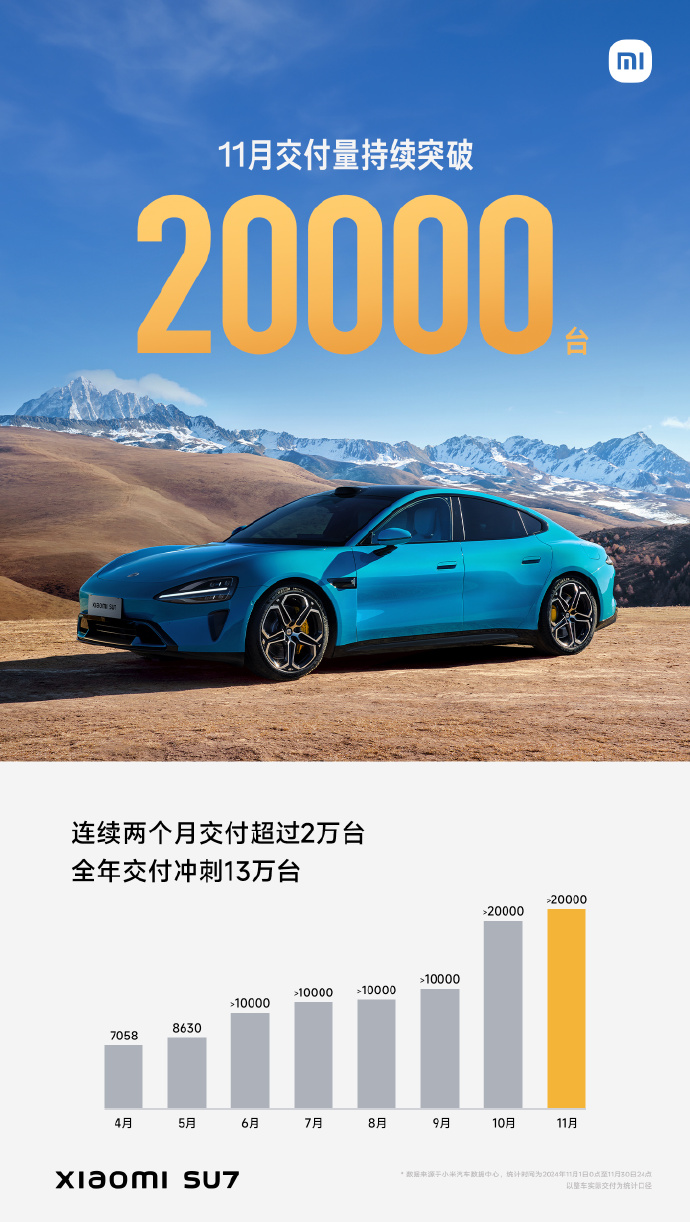
▲Image Source: Xiaomi
With its high value for money, strong brand strength, and Lei Jun's significant personal influence, the Xiaomi SU7 is on track to achieve new sales targets. Official data shows that Xiaomi aims to produce 24,000 SU7s per month from November to December 2024. For the entire year, Xiaomi Automobile's sales target is 130,000 units, surpassing the initial goal of 100,000 units.
Targeting the SUV Market: YU7 Confronts Tesla Again
Admittedly, with annual sales exceeding 100,000 units, the Xiaomi SU7 has been a remarkable success. However, one model alone cannot support a mature automotive enterprise. For Xiaomi Automobile to reach new heights, it cannot rely solely on the Xiaomi SU7. Therefore, Xiaomi plans to launch its second model, the Xiaomi YU7, a new SUV, in mid-2025.
The reason Xiaomi's second model didn't continue with the sedan styling of its predecessor but chose to enter the SUV market may be due to the vast potential in this segment.
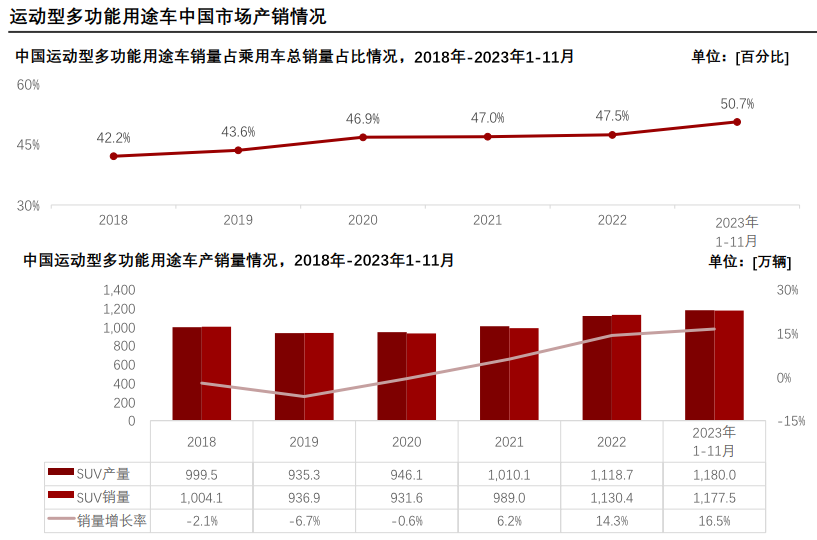
▲Image Source: Toubao Research Institute
Data from Toubao Research Institute shows that in 2018, SUV sales in China accounted for 42.2% of total passenger car sales. In subsequent years, SUV sales in China continued to grow, reaching 50.7% of total sales in the first eleven months of 2023. It's evident that Chinese consumers increasingly prefer SUVs due to their spaciousness, powerful engines, and good off-road performance.
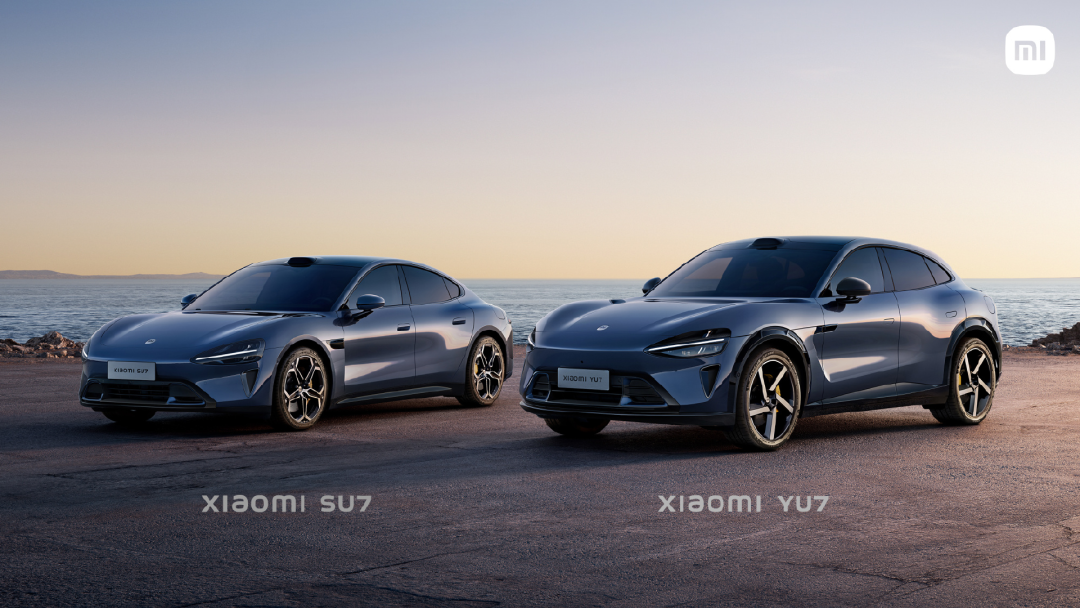
▲Image Source: Xiaomi
Entering the SUV segment, the Xiaomi YU7 continues the Xiaomi SU7's philosophy of "plenty in quantity and quality." In terms of dimensions, the Xiaomi YU7 weighs 2.4 tons, measures approximately 5 meters in length, 2 meters in width, 1.6 meters in height, and has a wheelbase of about 3 meters, positioning it as a mid-to-large SUV.
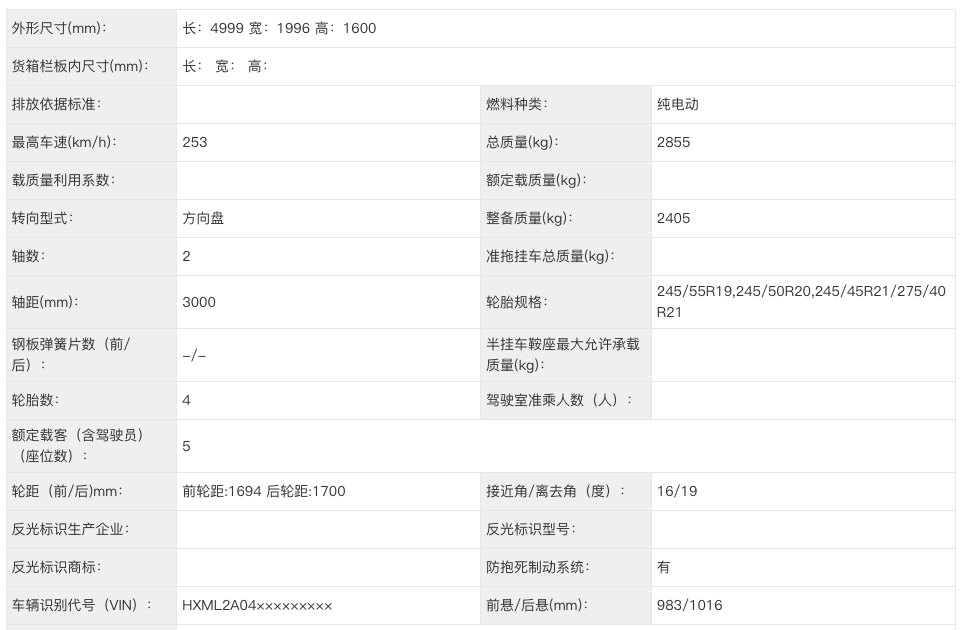
▲Image Source: MIIT
In terms of specifications, the currently announced YU7 model is equipped with dual motors, with peak power outputs of 220kW/288kW for the front and rear motors, respectively, slightly higher than the SU7 MAX and capable of reaching a top speed of 253km/h. The Xiaomi YU7 will be powered by a ternary lithium-ion battery produced by CATL.
Combined, the currently announced model is likely the second-highest or top-tier configuration of the Xiaomi YU7, offering significant advantages over the similarly positioned Tesla Model Y.
The 2024 Tesla Model Y Long Range All-Wheel Drive version measures approximately 4.75 meters in length, 1.92 meters in width, 1.62 meters in height, and has a wheelbase of about 2.89 meters, positioning it as a mid-sized SUV. Considering that most consumers prefer SUVs with more space, the 2024 Model Y is less appealing to consumers in terms of size compared to the Xiaomi YU7.
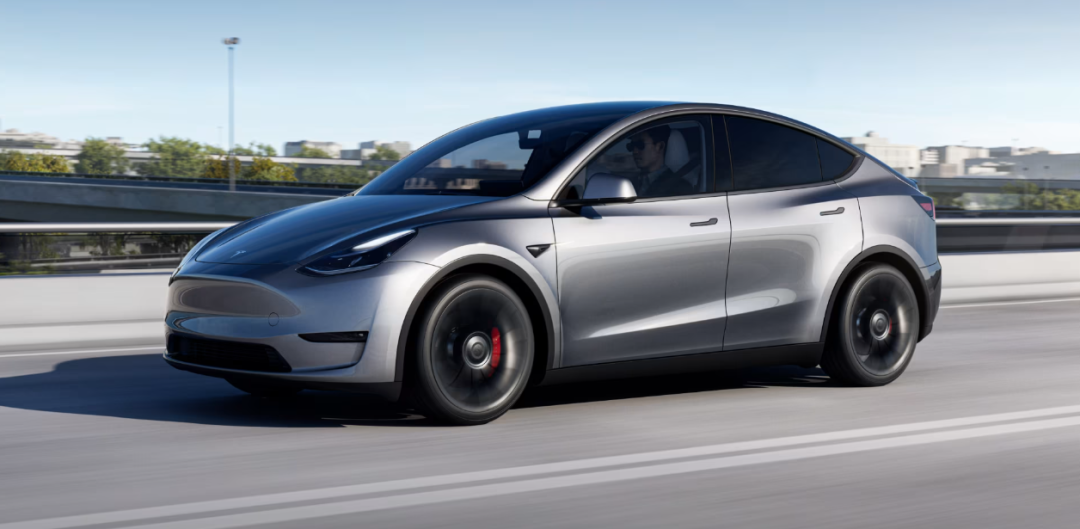
▲Image Source: Tesla
In terms of performance, even the Tesla Model Y Performance version, with its dual motors delivering peak power outputs of 219kW/220kW, has a power-to-weight ratio of 243 horsepower per ton, lower than the Xiaomi YU7's 287 horsepower per ton.
Given that all versions of the Xiaomi SU7 are priced lower than their Model 3 counterparts, the Xiaomi YU7's pricing may also target the Model Y, reprising the strategy of "fielding inferior horses against superior ones."
Aiming for 360,000 Annual Sales: Can Xiaomi Achieve Smooth Sailing?
Given the larger market space for SUVs that the Xiaomi YU7 targets, Xiaomi has higher expectations for its automobile sales next year. According to 36Kr, Xiaomi Automobile aims to sell 360,000 units in 2025, triple its 2024 sales.
It's understood that Xiaomi's first-phase automobile factory has an annual production capacity of 150,000 units, primarily used for producing the Xiaomi SU7. Due to high demand, the factory has started double-shift production, reaching a capacity of 20,000 units in October, with a production line utilization rate close to 200%.
Currently, Xiaomi is expediting the construction of its second-phase factory, which is about 20% larger than the first phase and is expected to be completed in mid-2025, with production starting in July or August, coinciding with the launch of the Xiaomi YU7. Therefore, the second-phase factory may primarily produce the Xiaomi YU7. Based on current production capacity, Xiaomi SU7 sales in 2025 are expected to reach 240,000 units. To meet the overall annual sales target, Xiaomi YU7 sales need to reach 120,000 units. Given the market performance of the Xiaomi SU7, it's plausible for the Xiaomi YU7 to achieve an average monthly sales volume of 20,000 units in the second half of 2025.
However, it's crucial to note that competition in the NEV market will intensify in 2025, posing challenges for the Xiaomi YU7.
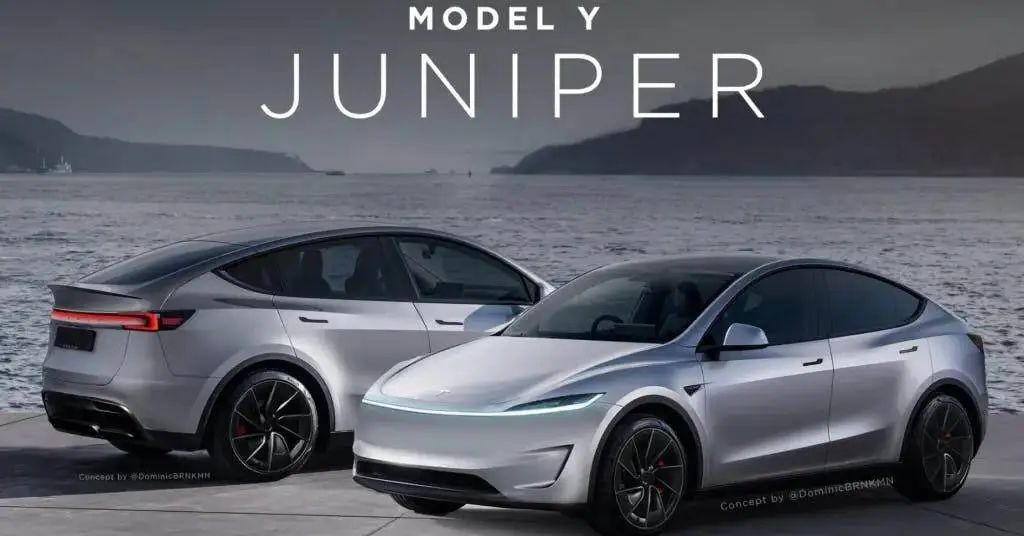
▲Image Source: DominBRNMN
According to leaked information, Tesla will launch a facelifted Model Y in early 2025, featuring through-type light strips on the front and rear, equipped with a 95kWh battery pack, and introducing a seven-seater version to further meet Chinese consumers' demand for more space. Considering that the 2025 Model Y will launch about six months earlier than the Xiaomi YU7, Tesla may significantly capture a large pool of potential pure electric SUV buyers during this period.
Meanwhile, as the underlying configurations of NEVs become highly standardized since 2024, the competition in the NEV market has shifted from price wars to advanced autonomous driving capabilities. Currently, automakers like Lixiang, Huawei, and XPeng have won consumer favor with their end-to-end technologies.
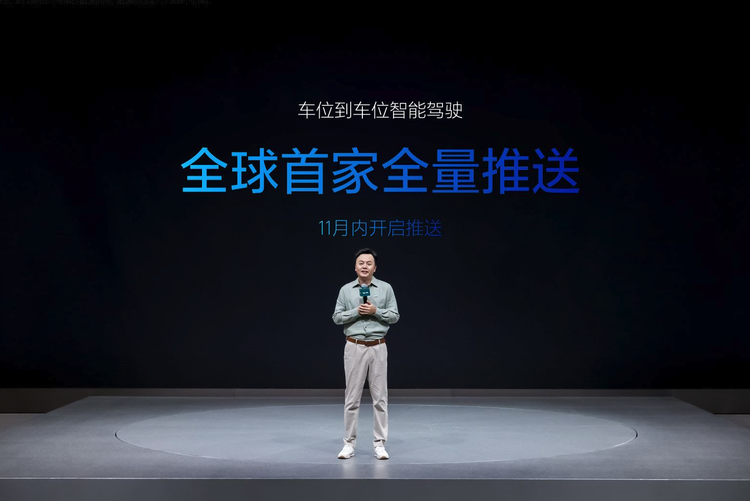
▲Image Source: Lixiang Auto
For instance, during the third-quarter earnings call in 2024, Lixiang Auto revealed that orders for AD Max models, priced above 300,000 yuan, accounted for an average increase of nearly 10 percentage points in the L7, L8, and L9 series.
In contrast, due to its late start, Xiaomi Automobile's end-to-end technology is progressing slowly and is still in a targeted invitation beta testing phase, with no clear timeline for a full rollout.
Considering that differentiated autonomous driving technologies are increasingly becoming a key factor in convincing consumers to make purchases, the Xiaomi YU7 may struggle to continuously win over consumers with just its high value for money and Lei Jun's influence.
In summary, for Xiaomi, a relatively late entrant in the automotive industry, establishing a firm foothold in the highly competitive NEV market with just the Xiaomi SU7 is no easy feat. However, in an industry that values scale, Xiaomi's current achievements are far from sufficient. By targeting the larger SUV market with the Xiaomi YU7, Xiaomi hopes to broaden its market influence, demonstrating insightful strategic planning.
Xiaomi YU7 shares the same advantages as SU7, including stylish appearance, powerful configuration, and the strong personal influence of Lei Jun. However, the pure electric SUV market environment is vastly different from the sedan market. Not only are there many highly competitive products lurking, but the market is increasingly relying on differentiated intelligent driving technologies to attract consumers.
If Xiaomi can quickly make up for its shortcomings, YU7 may be able to replicate the success of SU7.

